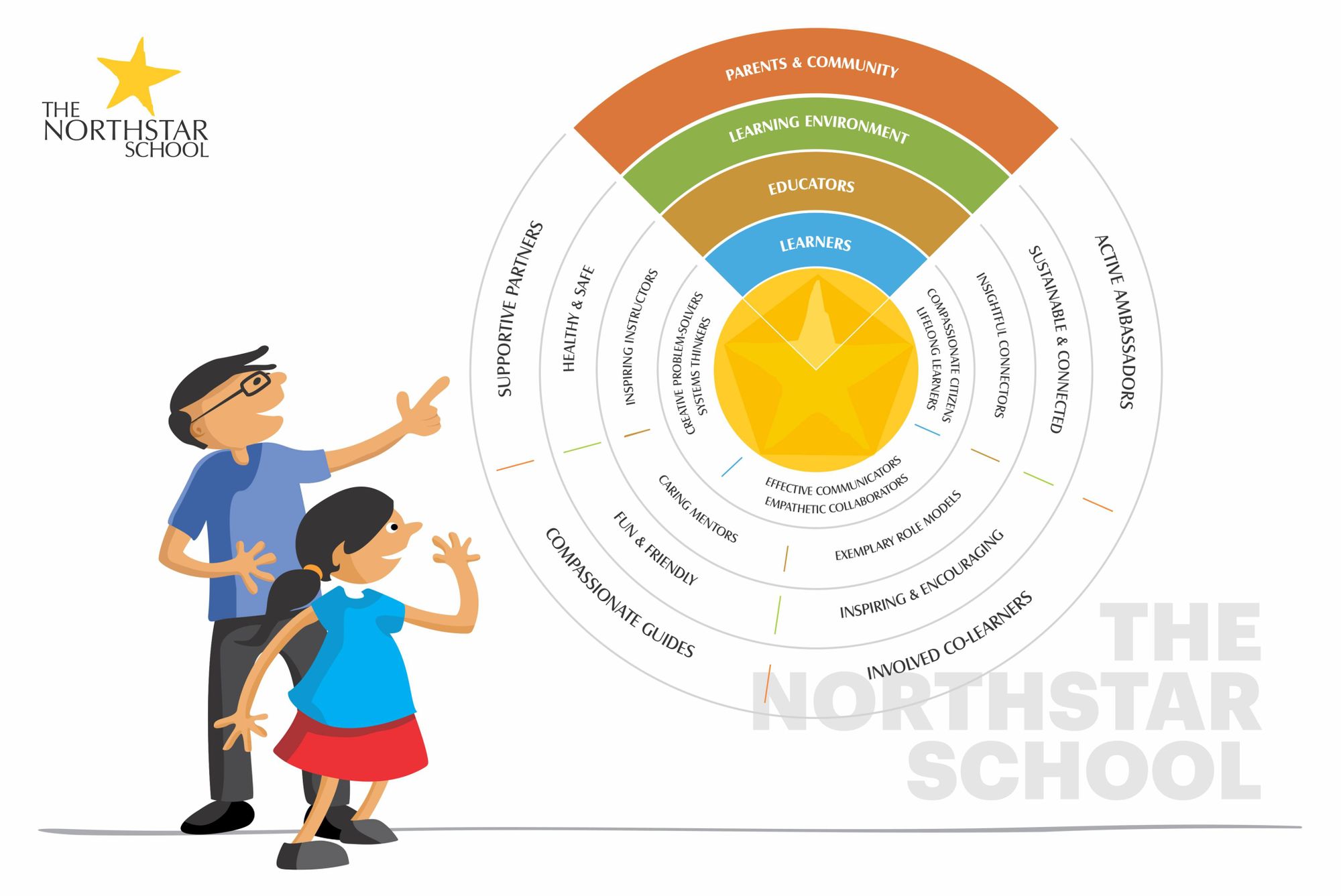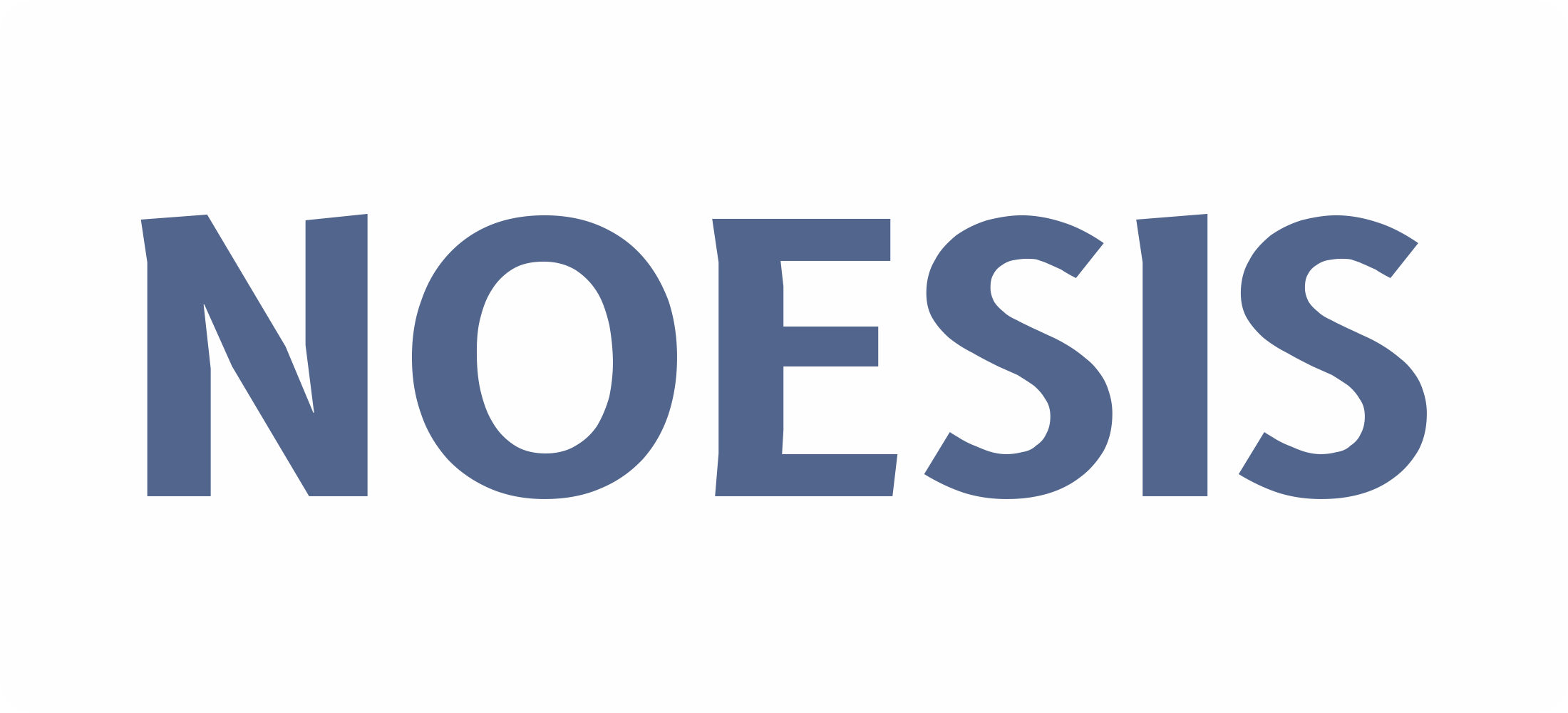Northstar Approach to Online Learning
Let me begin by mentioning that the last few months have been the most difficult of times for The Northstar School. I am not hesitant to accept it and share it. Are we alone in this? Certainly not. I prefer sharing about where we need to get better at than wrongfully boasting that " we can do no wrong". In this piece I do not want to share about the administrative issues that we have been battling with. Financial uncertainties, government overreach, etc. I will not talk about those. I want to talk about what has bothered me the most: what does learning mean in these times? I have struggled immensely in answering this question for myself. Let me start out with a preamble:
- Read my earlier post on learning in the times of Corona here.
- I am certain that the educators at Northstar have responded with great fortitude. The speed with which we transitioned to online learning was nothing short of extraordinary. Speed was of essence in the initial response. Our goal was to ensure that learners to do not feel any discontinuity in learning.
- Our online sessions are some of the best. There is a simple reason for it. What happens in online learning (synchronous live sessions) is merely an extension of class learning. What I mean is: if the class learning a great, the online learning has the potential to be good. Online sessions cannot be markedly better than in class learning because the basic principles of good learning hold true in either case. Having said, there is a great scope of improvement.
- There is simply no replacement for in-class school learning. The best place to learn is in the school with friends and educators. And we miss them a lot.
The greatest concern for me has been to establish a clear model of thinking that guides our approach to online learning. For many days I fumbled in the dark to put my head around it. I knew we were doing well, but without a clear model I felt disoriented, like finding your way out of a dense forest without a map. I had some signals which showed the general direction we were moving in, as you would when finding your way in a forest. But that is not a predictive or guiding framework. Along with the need to find a good guiding framework, I was, and still am, firefighting issues that come along with running a school. It has been a few very difficult weeks. And I was not making any progress.
Then one day, I had this nagging feeling as though I have already answered these questions before. We have some great documents written about our approach to education when we started the school. I have not revisited them mindfully in many years. I knew the answers lie in those initial thoughts about the Northstar approach. While rereading those documents I felt a surge of excitement. It all made sense. The model that I was looking for was right there. It was always there. Whether in school or online, the principles of good education do not change. So here is the Northstar Philosophy of Learning that guides our online and in-campus learning.
Northstar Philosophy of Learning
Our philosophy of learning presents a broad view of our educational thinking. It guides all our decisions.
At Northstar students learn in different ways, in different places and from different people, including the teacher, peers, community members and themselves. We believe that education should not be about memorizing facts, but about nurturing the curiosity of learners and guiding the development of the skills needed to pursue and learn about any interest. It is our job as educators to help students ask questions and search for the answers wherever they might be rather than simply providing answers, and to ensure we do not deny students the opportunity to explore and reflect. Learning is a complex process that demands a lot of hard mental work. But it is also a fun and satisfying process, and healthy habits of learning are at the core of the Northstar Philosophy of Learning.
Northstar Approach
5 years ago we spent an inordinate amount of time in developing the Northstar Approach. Those were the days when the school had not started, and we were in a great frame of mind, unblemished by harsh practicalities. We believed, and still believe that educating a child takes a village. Educators, parents, community and the learner herself. The image below is a concise version of our expectations from each of these groups. Remembering and actively imbibing these in our practice is the guiding force of our teaching and learning, whether online or in-class.

Northstar Learning Design Principles
Apart from the philosophy and approach, we have developed a unique model of learning that guides our instructional design. Northstar Exploratory Learning is the foundation of learning experiences at Northstar. Exploratory learning refers to deep and meaningful “planned experiences” that kindle the innate curiosity and sense of wonder in children. Exploratory learning allows children to wander through and wonder about unknown territory in ways that motivate inquiry and the having of wonderful ideas. These inquiries and ideas need not look wonderful to the outside world, what matters is that they are meaningful to the child and his/her development. The design of exploratory learning experiences is guided by the following design principles:
Literacy and Expression
Reading, writing, speaking and listening are essential skills to access and express knowledge and ideas. As such, strong literacy skills form the basis for successful learning in any discipline, and students must learn to use language effectively to excel across subject areas.
Local and Global
Exploratory learning tackles questions that are immediately relevant to learners’ local experience but which have clear connections to global phenomena.
Authentic and Interdisciplinary
Exploratory learning provides opportunities for students to experience the authentic learning involved in real-world professional work in their role as writers, mathematicians, historians, scientists, geographers, athletes and so on.
Collaborative and Individual
Exploratory learning involves meaningful collaboration, helping students develop and refine their ability to work as a class and as part of a team. Exploratory learning also provides opportunities for individual learning and reflection to support the development of each learner’s meaning-making and independent thinking.
Iteration and Ownership
Learning is a mindful process, not a destination: deep understanding and skills-building require deliberate goal setting, practice and reflection.
These principles help us design learning experiences that are consistent with our philosophy of learning. The matter of adapting these to online learning is a matter of tactics, not strategy. I think once you have a goal and a framework in mind, the tactics (and tools) are easy to adapt or build.
Going ahead...
This pandemic has brought unprecedented issues for learning and institutions. I see two ways going ahead. First is to continue the make-shift arrangements until the schools reopen and get back to "as things were". Second is to fundamentally change the role of educators and institutions. We are taking the second path. Online elements were always a part of learning experience at Northstar. It will now take its rightful role in support of the in-class learning. A corollary, an addendum. An important one. To me online learning represents a shift towards self-directed learning.
We are now building perhaps the most advanced learning management system. We use different tech platforms for varied needs. I do not believe in one tool/platform solving multiple problems. I have generally found them to be suboptimal. I prefer one job-one tool. So we have separate platforms for academic planning including assessments, parent communications, administration, etc. We are now building a platform that will replace our existing academic platform (Google Classroom) to something much more elaborate and designed specifically for online learning. Details on it will follow soon.
These are difficult times, particularly for small schools like ours. We are easy targets for populist measures by powers that be and everyone loves to plant a nice kick when someone's down. But we are resilient. Our fundamentals are strong, and we rely on our first principles. We are here to do good, and we will continue to do so.




